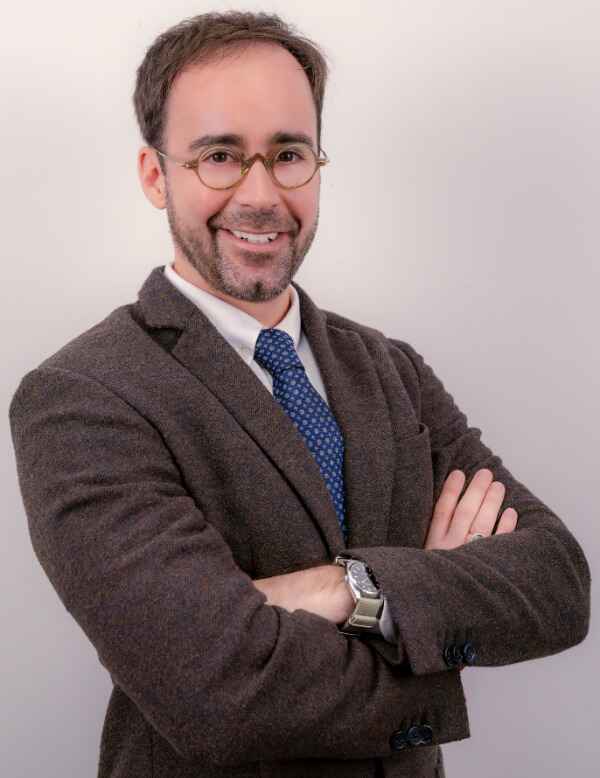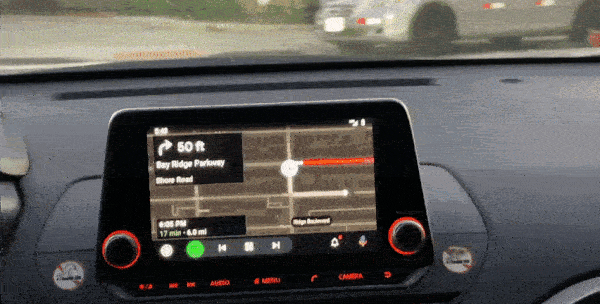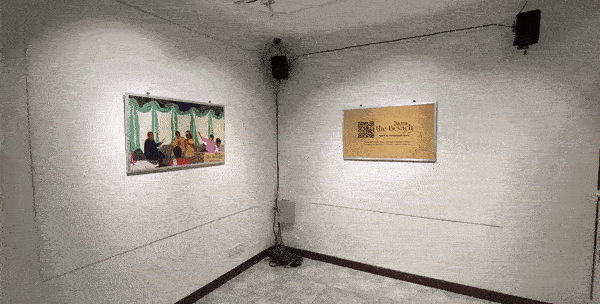Joshua Wilwohl (will-WALL)
wilwohl [at] gmail [dot] com
I'm an assistant professor at the American University of Phnom Penh (AUPP).

My teaching and research blend art, language, and technology to explore how design enacts identities—currently among English-speaking Cambodian youth. (Here's what students had to say.)
My work in the US, UK, and Cambodia includes a patented navigation system that customizes routes to enhance people's driving experiences.
Before joining AUPP, I was on faculty at the Metropolitan College of New York.
I'm a doctoral student, specializing in English pedagogy, with a BA, MPA, MA, and PgDip. I'm also a Fellow of the Higher Education Academy (FHEA) in the UK.
CV | ResearchGate | LinkedIn
Courses
- HUMN 110: Arts and Culture (Spring 2026)
Develop cultural fluency by exploring how diverse perspectives shape the creation and reception of art. Analyze Western traditions alongside Cambodian heritage to situate art's role in a global society, addressing contemporary issues such as the complexity of art crime and the repatriation of cultural property.
- HUMN 101: Introduction to Humanities (Spring 2026)
Learn to think critically and creatively by mapping major themes across the arts. Discover how human expression intersects with technology and business, proving a need for the Humanities today.
- ICT 375: Digital Linguistics and Discourse (Autumn 2026)
Survey technology's relationship with language—human and machine-made—by examining how words influence our decisions and online experiences. Also, investigate the evolution of internet slang, discover the limitations of emojis, and, through practice, craft usable text for apps and websites. By the course's end, be able to recognize, compare, and evaluate how language smooths navigation, enhances satisfaction, and sways behavior.
Student Feedback
-
"His class is Art, and Art is working. I became more human in this course." - HUMN 110: Arts and Culture
-
"I love this class.... This class openly allows students to cooperate and engage a lot with each other, which I found very inspiring and positive." - HUMN 110: Arts and Culture
-
"This is one of the most interesting classes I have ever taken. He doesn't force us to remember something that he knows we will forget after the exam or after the semester. Instead, he teaches us something very useful, like critical thinking...creativity, and learning to observe, not see." - HUMN 101: Introduction to Humanities
Research
- The Fluidity of Writer Identity with Artificial Intelligence
The traditional, formal ways of composition are morphing into informal user-generated content, blurring the lines between human and non-human authorship. As a result, a single question arises within writing pedagogy, "Who is a writer?" The answer is murky, especially when the composer is made of gears and wires, but relies on flesh and blood for a prompt to awaken the bots.
- Survey: Cambodian English Variation Emerging Among University Students
Little research has been done on the topic of Cambodian English, despite the rapid advancements in language learning and acquisition. The results of a linguistic diversity survey conducted among Cambodian university students enrolled at one of the country's leading academic institutions suggest advancements in the population's English language abilities and hints at the emergence of what could be called "Transitional Cambodian English."
- Survey: Favorable Attitude Among Students Toward Cambodian English Variety
The results of a survey on language attitudes conducted among Cambodian university students at one of the country's leading institutions suggests a favorable attitude toward the Cambodian English variety known as Transitional Cambodian English, hinting at a growing positive trend among Generation Z valuing non-native Englishes.
Conference Presentations
- Cambodian English, a Timeline
As displayed at CamTESOL (2026), this timeline maps the transition of English in Cambodia from a classroom-based foreign language to a practical communication tool.
- Online Identities: Cambodian Students' Translanguaging Practices
Reported at AsiaTEFL (2025) on how Cambodian university students blend English, Khmer, and romanized Khmer (Sing/Signe-Khmer) in digital spaces to construct hybrid identities and subvert traditional language norms.
- Transitional Cambodian English (TCE): An Emerging Standard Variation?
Shared research findings at CamTESOL (2025) on the characteristics of a developing Cambodian English variation and its potential to influence national identity, educational practices, and language policy.
- Language Matters: The Value of Words in Design
Led a workshop at Design Matters (2024), guiding participants through writing and design activities to demonstrate how language shapes user behavior.
- Starting from Scratch—Going Digital in the Developing World (PDF)
Detailed at Digital Journalism World (2015) and Interactive Digital News Design (2014) the digital transition of Cambodia's news industry for a mobile-only population, including development of a distributed newsroom and a paywall for a cash economy.
Patents
-
Dashboard
Researched user language patterns to develop a navigation system (U.S. Patent 11,024,173) that informed the design of a mobile event app for global car brands.

Creative Writings
-
the Besach
Crafted and exhibited an original Cambodian fairytale at Meta House Phnom Penh, using a hybrid storytelling approach by combining physical display panels with QR codes to build an interactive experience for readers.

- Meeting Medeleev
Published a short story about my real-life experience with a Russian fugitive on a Cambodian island in the Mekong Review, a literary magazine.
-
Azurite's All Right
Authored a children's book intended to help explain preterm birth and its impact on the family.
Portfolios
- Teaching (PDF)
Assessment and activities, with rationales.
- User Experience (UX) Writing (PDF)
Text-based work on digital products.